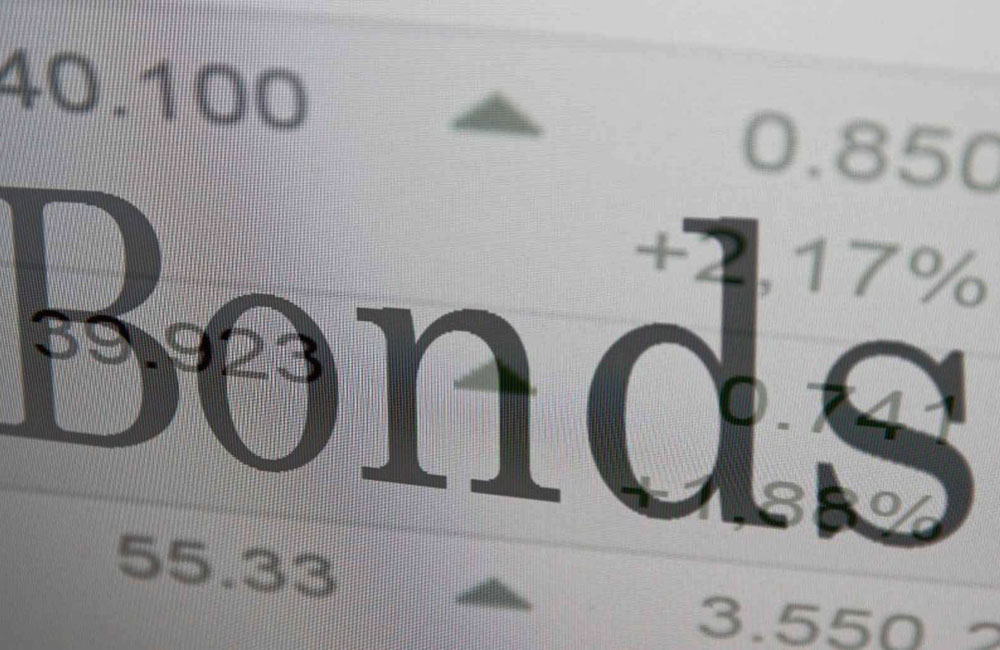When Sri Lanka offered 10-year bonds at a juicy yield of 6.75 percent earlier this year, investors lapped them up. Lured by expectations for an economic recovery, asset managers put in orders for nearly three times the $1.25 billion sold.
Six months later, the bonds have slumped to less than 87 cents on the dollar, as a leadership struggle plunged Sri Lanka into a constitutional crisis. The capital Colombo has been gripped by political intrigue since President Maithripala Sirisena suspended parliament and said he had to fire Prime Minister Ranil Wickremesinghe because of an assassination plot.
While Sri Lanka had been winning back investors following the end of a brutal 26-year civil war in 2009, new challenges had emerged even before the crisis, with economic growth falling to the least since 2001 last year. The sell-off is also fueling concerns over Sri Lanka’s upcoming debt maturities, including $1 billion of dollar bonds due January and another $500 million in April.
“The timing of this political crisis is very poor” said Arthur Lau, head of Asia ex-Japan fixed income at PineBridge Investments, which is “underweight” on the nation’s debt. “Sri Lanka clearly needs some external financing.”
There is a “significant risk” as one administration transitions to another and investors will demand a risk premium, especially if the rhetoric is not market-friendly, Lau said.
The Sri Lankan rupee fell further on Tuesday to a record low of 174.45 against the dollar, following a warning the country could descend into political violence if the legislature remains suspended.
Wider SpreadsHowever, Aberdeen Standard Investments said the declines in the Sri Lankan bonds meant they were arguably no longer expensive as spreads had moved wider than Pakistan, Mongolia and almost all of sub-Saharan Africa.
“We are having an active debate on whether it’s worth covering at least some of our long-standing underweight of the credit,” said Edwin Gutierrez, the London-based head of emerging-market sovereign debt at Aberdeen Standard.
Others flagged concerns in the wake of the political crisis. It calls into question whether the International Monetary Fund will grant Sri Lanka an extension of its current assistance program, said Karan Talwar, an investment specialist for emerging-market debt at BNP Paribas Asset Management in Hong Kong.
“We have been generally cautious on Sri Lanka” due to its high levels of dollar debt, current-account deficit and depreciating currency, he said.
Almost half of the country’s public debt is in foreign currencies, according to Fitch Ratings.
(Bloomberg)

Leave your comments
Login to post a comment
Post comment as a guest